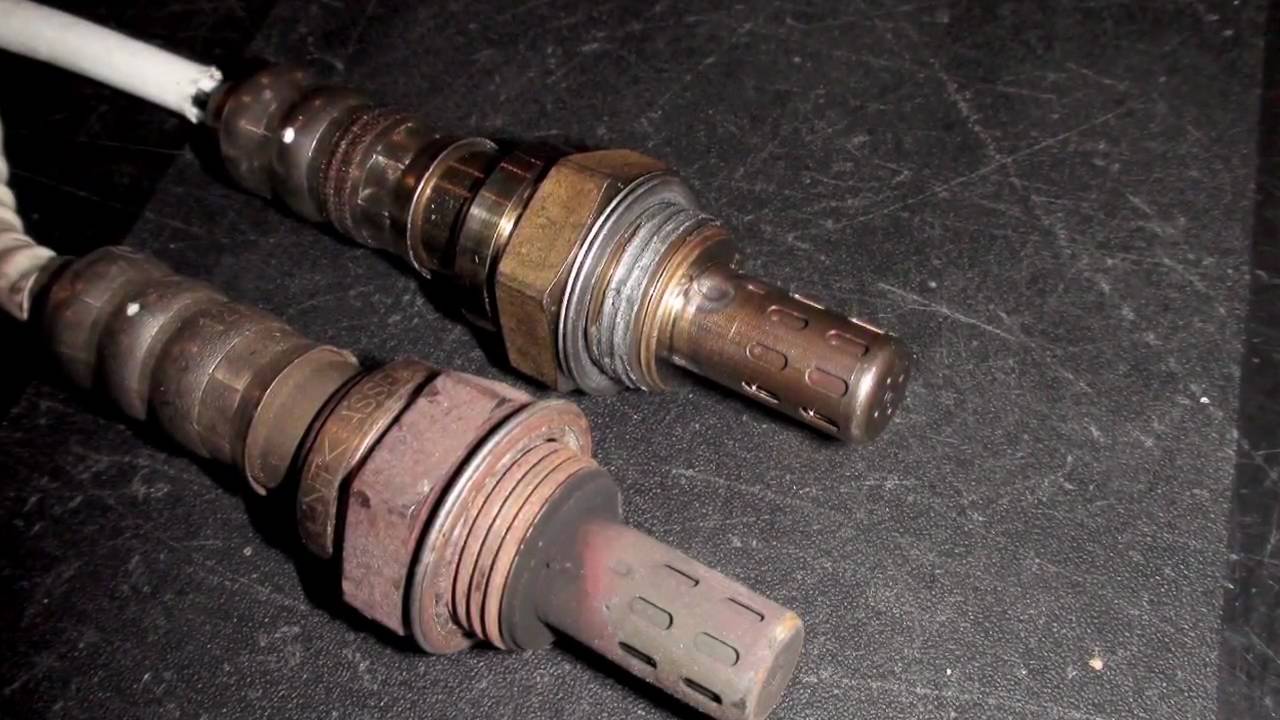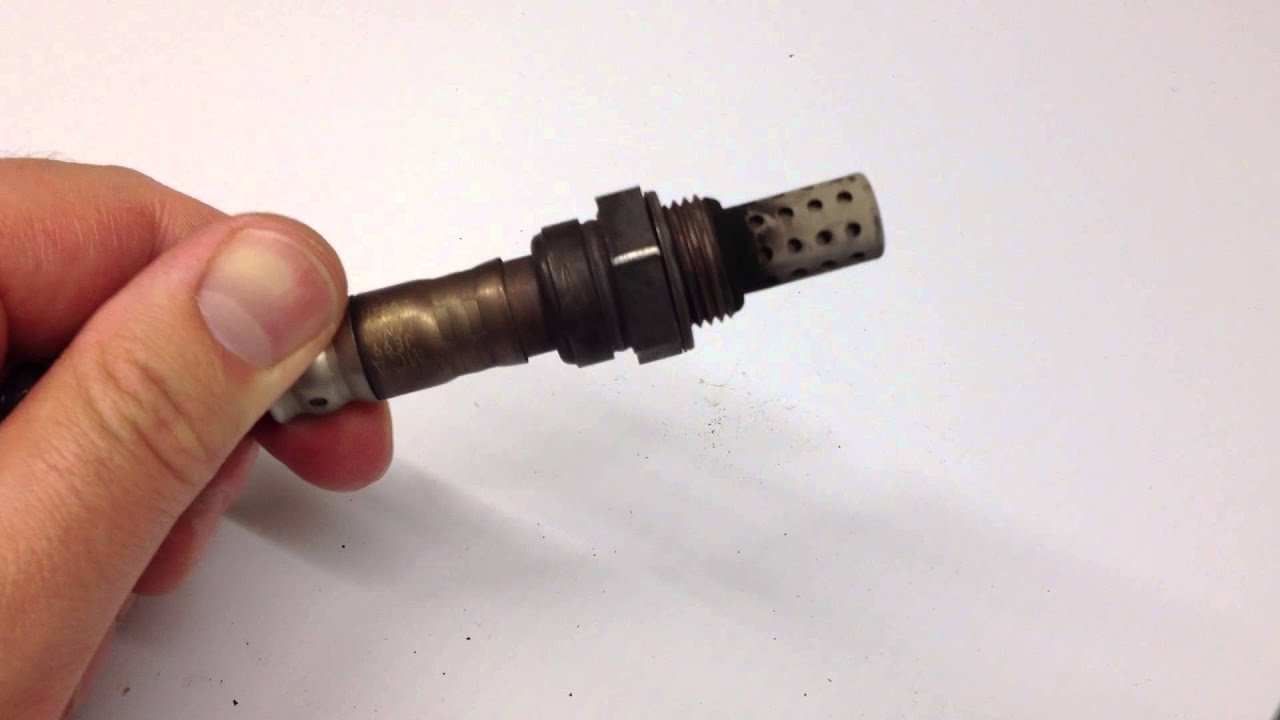What is a lambda sensor and what is it responsible for in my car?
A lambda sensor compares the residual oxygen content in the exhaust gas with the oxygen content of the current atmospheric air. Hereby the combustion air ratio can be determined and thus adjusted. It is mainly responsible for catalytic exhaust gas purification and should help to use the fuel as effectively as possible. In this way, the emission of pollutants to the environment is to be reduced to a minimum. Lambda sensors are mainly found in OTTO engines, but also in wood chip heating systems and in diesel engines.

Symptoms of a defective lambda sensor
A defective lambda sensor can be recognized by the fact that fuel consumption is often much higher than normal, i.e. that your car requires noticeably more fuel than usual over the same distance. In addition, the defect can be recognized by the lower performance of your car. Consequently, due to the incorrect measurements of the exhaust values, the pollution of the environment is much higher. Normally, your car’s system should detect and save the defective lambda sensor. However, you should still check your lambda sensor and if these signs can be seen, you should definitely change your lambda sensor or have it changed.
What happens if the lambda sensor is defective?
If the lambda sensor on your car is also defective, you should have it changed under all circumstances and take your car to the workshop. Driving too long with your defective lambda sensor not only means higher fuel costs for you and that you will reach your destination later, but also that you pollute and endanger the environment through high exhaust emissions. In the long run, the high fuel consumption in contrast to a replacement of the sensor will not pay off anyway, but will even exceed the cost of repairing your car.
If the lambda sensor is broken – repair at home or in the workshop?
If you have now found out that your own lambda sensor is defective, the question arises whether you could not possibly save some costs by replacing the sensor at home and do without waiting until the car is ready in the workshop.
Skilled car tinkerers can actually remove the part themselves and replace it with a new probe. No special tools are required to do this. Since the probe is not quite easy to reach, a lift could be very helpful and labor-saving. To remove the lambda sensor, simply disconnect the two connectors. Then unscrew the probe from the exhaust manifold. A ring wrench can be used for this purpose.
Removal is relatively straightforward with the aid of a lifting platform. A new lambda sensor must then be installed in the reverse order. However, it is essential to ensure that the seal is perfect. Otherwise, the functionality of the new sensor cannot be guaranteed. If one is lucky, however, only the replacement of a few defective connection cables is necessary to get the lambda sensor working again.
Costs of the repair and the lambda sensor alone
The material to install a lambda sensor costs between 250 dollars and 450 dollars. So if you install the sensor on your own, these are the only costs you have to include. However, if you want to have the defective sensor replaced in a workshop, you have to reckon with up to 500 dollars – 500 dollars more as the mechanic’s workload. In any case, you should base your calculations on your own experience in car repairs. If you are not too familiar with the subject, the specialist in the workshop is probably the better address. But if you are sure about what you are doing, there is nothing to stop you from replacing it yourself.

Conclusion
In general, it can be said that installing a lambda sensor is easy with the help of the right tools, such as a lifting platform. However, if you are not too experienced with car mechanics, you should not think about going to the workshop, where changing a lambda sensor is absolutely routine and the right tools are available.
Continuing to drive with a defective lambda sensor is not recommended under any circumstances, as this increases exhaust emissions and thus the pollution of the environment. In addition, the repair is worthwhile, because what must be calculated here in costs, would have been gone sooner or later by a too high fuel consumption by a defective lambda sensor anyway and there the investment is worthwhile for a better environment, a faster car and for a lower fuel consumption but directly.



